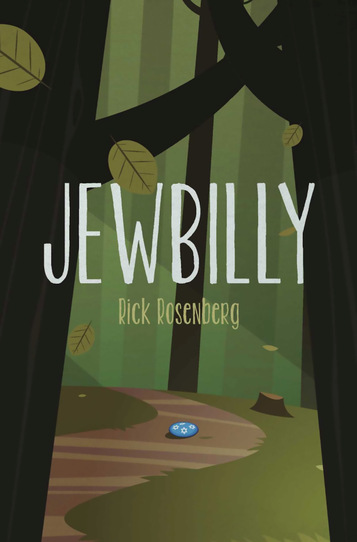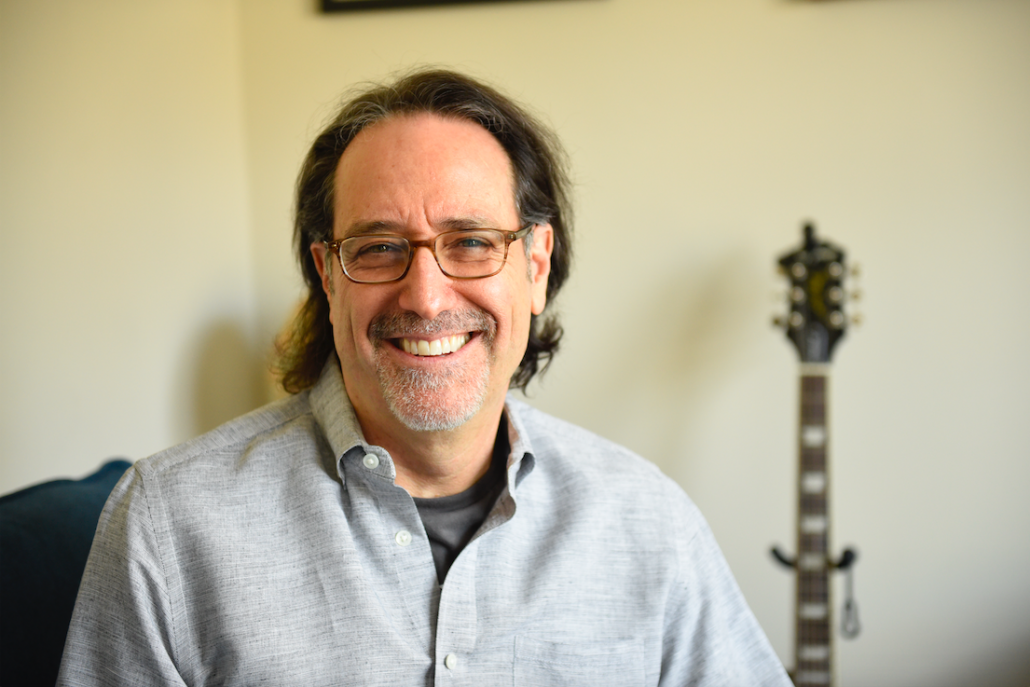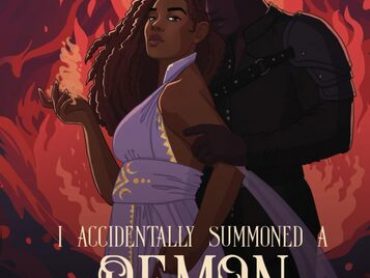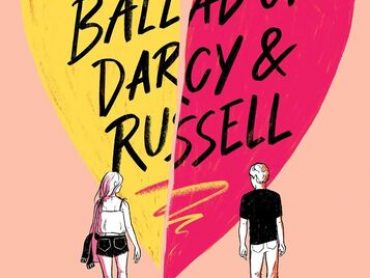Rick Rosenberg is the author of Jewbilly. Jewbilly follows Yosef Bamberger, a typical, 11-year-old Jewish kid in 1973 Brooklyn. The novel explores a funny, heartwarming, coming-of-age story about the importance of family, spirituality, and how friendships can really bloom in the most unlikely of places. YEM was able to speak to Rick about his writing process, advice he has for others, and his favorite passage from the book.
Young Entertainment Mag: When did you first know that you wanted to be an author?
Rick Rosenberg: I was nine when I first knew I wanted to write. I started with short stories (published one at 11) and after college moved into a career as a copywriter. So I’ve been writing most of my life. I first knew I wanted to be a novelist a couple years ago when, during COVID, I had nothing to do and decided to give it a shot.
YEM: Where did the inspiration for your book Jewbilly come from?
Rick: Jewbilly is a highly fictionalized account of my childhood when I moved from the big city to a small town in Tennessee. So you could say I was the inspiration, as were the many relatives and people I’ve known over the years.
YEM: Your book deals with things such as religion, drugs, alcohol, sex, and murder. Why did you decide to incorporate these issues into this book?
Rick: It’s a coming-of-age story, and I think religion, drugs, alcohol and sex are things most Americans deal with growing up – at some point, on some level. They were for me in the 1970s, that’s for sure. As far as the murder, the reason that’s there is because it ties into the issue of bigotry, and that’s an on-going issue in the novel, as well.
YEM: What was your writing process like?
Rick: First, I created an outline: every chapter, every scene. No actual writing was allowed until I had the whole story. I also wrote bios on all the main characters: what they looked like, what their backgrounds were, what their fatal flaws were. Once I had those things down, I started writing, usually a few hours in the afternoon. Sometimes I’d get up extra early to write in the morning if I had a busy day. Even if I wrote one sentence, that was okay. It meant I was one sentence closer to finishing. Once I had a first draft, I went through the whole thing, editing as I went. That took a long time. Once I made it through, I had a good friend read it. I made a few changes based on his comments. Then I hired an editor – she also had some excellent suggestions. After that, I was ready for the world to see it.
YEM: What did you learn during the process with this being your debut novel?
Rick: Too many things to mention here, but one vital thing I learned was to just write. Don’t edit when you’re trying to get down a complete draft. Once you do have your first draft, THEN you can go back and edit. And you should, more than once. There’s a very famous saying: Writing is rewriting. It’s a fact.
YEM: How long did the writing process take for you?
Rick: This book took about 2 years.
YEM: What is something you hope your readers take away after reading your book?
Rick: There are several thousand religions in this world, and whatever works for you, go for it. But I believe the one true religion is love. I hope that’s at least one thing readers take away from the book.
YEM: What advice do you have for those who want to become authors?
Rick: Writers write. Sounds trite, I know, but there’s power in that statement. In the beginning, I wouldn’t worry too much about story or characters, just see what it feels like to put words together in a flow, in a narrative. Write a short story about something very simple; say, a girl who gets up from her bed to get a glass of water. What is she feeling? What does her hallway look like? Are any lights on? Then go incrementally. Next, complicate your story. On the way to the kitchen, the girl trips and breaks her nose on the hardwood floor. Next, complicate your story further: When the girl trips, she scares the cat who knocks over Mom’s favorite vase. Now we have a broken nose and a broken vase! Have fun. Don’t take it too seriously while you’re learning. Finally, read. Read, read, read. A writer can’t know how to write if he or she hasn’t read.
YEM: What other types of books do you hope to write in the future?
Rick: I’m working on a drama/thriller right now. I have another idea I’m thinking about as well; it’s about reincarnation.
YEM: What is your favorite book of all time?
Rick: Lonesome Dove.
YEM: Who is an author who has most inspired you?
Rick: Neil Gaiman, Margaret Atwood, Larry McMurtry, James Michener, John Kennedy Toole.
YEM: Do you have a favorite scene or line from your book?
Rick: FAVORITE PASSAGE: “The next year and a half would be nothing short of juvenile hysteria full of deer ticks, heartbreak, LSD, and a thorough mangling of Semitic expectation and tradition. I was a gefilte fish out of water. My name is Yosef Bamberger and this is my crucible.”





